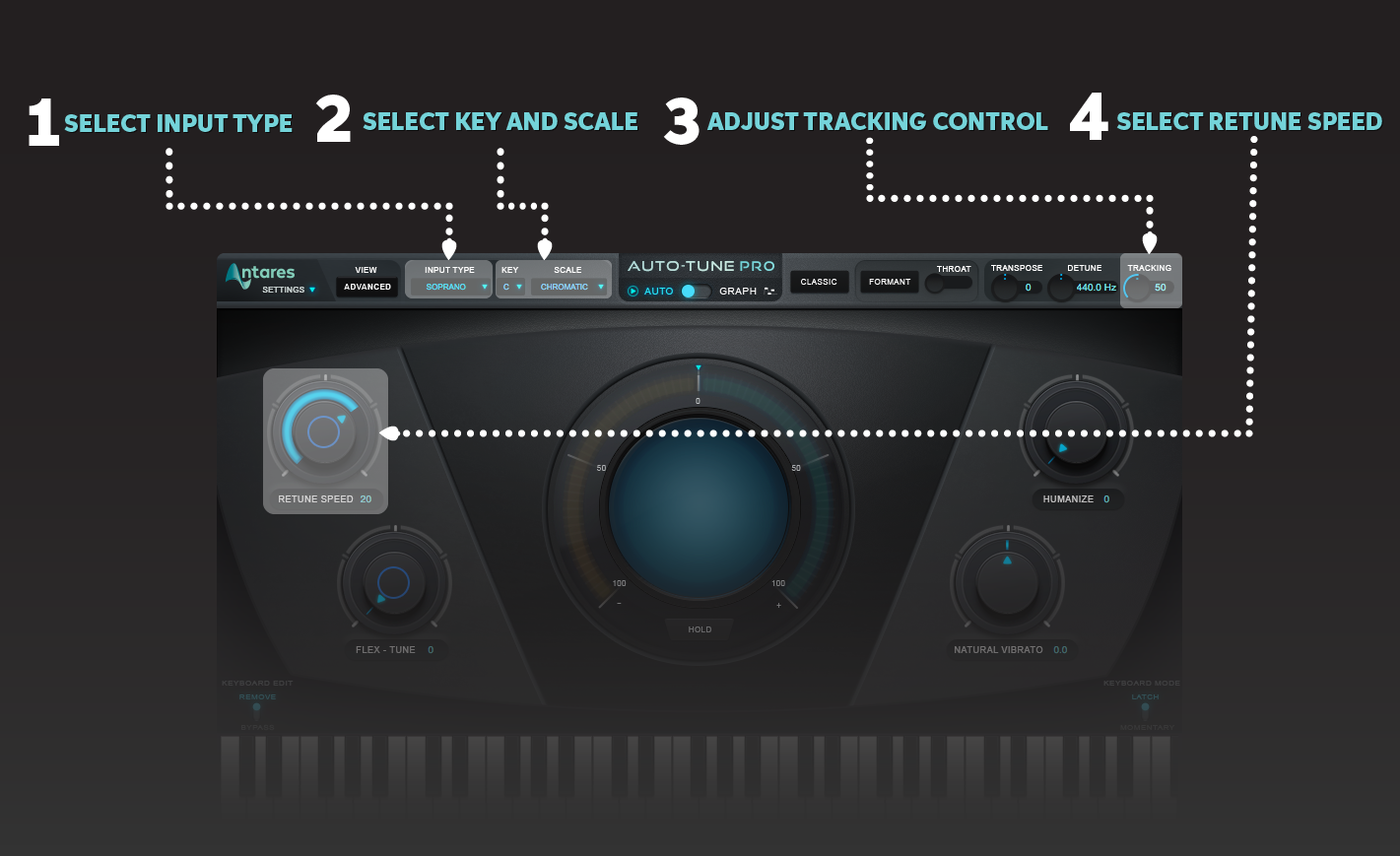
An overclocked GPU can help yield smoother action and produce better graphics much more reliably. On the other hand, overclocking your GPU comes in handy when gaming. Overclocking comes in handy when running particularly demanding programs. So, why would you want to overclock your CPU or GPU and risk its failure? The obvious reason for overclocking is to get more performance from your computer in general. That is where RAM overclocking is also another important aspect to consider for better overall system performance. If RAM is not fast enough to store and process the faster data throughput coming from the processors then your whole system will suffer. Moreover, because the performance of the whole system depends also on the speed of the RAM, you must take into consideration the memory speed aspect as well. Failure to consider these aspects might result in the total failure of the processor or CPU in general. One must take proper steps to monitor and manage the additional heat load to mitigate the reliability issues occasioned by excess heat production and build-up.Īdditionally, the power source must be tweaked to provide ample power to meet the higher electrical current demand. While overclocking opens up more performance from your CPU and or GPU, the excess heat built poses a reliability and longevity risk to the processors. In doing this, it forces the CPU and or GPU to handle more operations per second, thereby increasing the speed of the processors and the overall speed of the system. Overclocking is the process of setting a higher multiplier or clock rate, typically within the computer’s BIOS. There is still some performance reserve that you can tap into if you need more speed.


However, the nominal clock rate given by the manufacturer is more often than not never nearly the upper limit of the actual CPU and GPU performance limit.

As an Amazon Associate I earn from qualifying purchases.


 0 kommentar(er)
0 kommentar(er)
